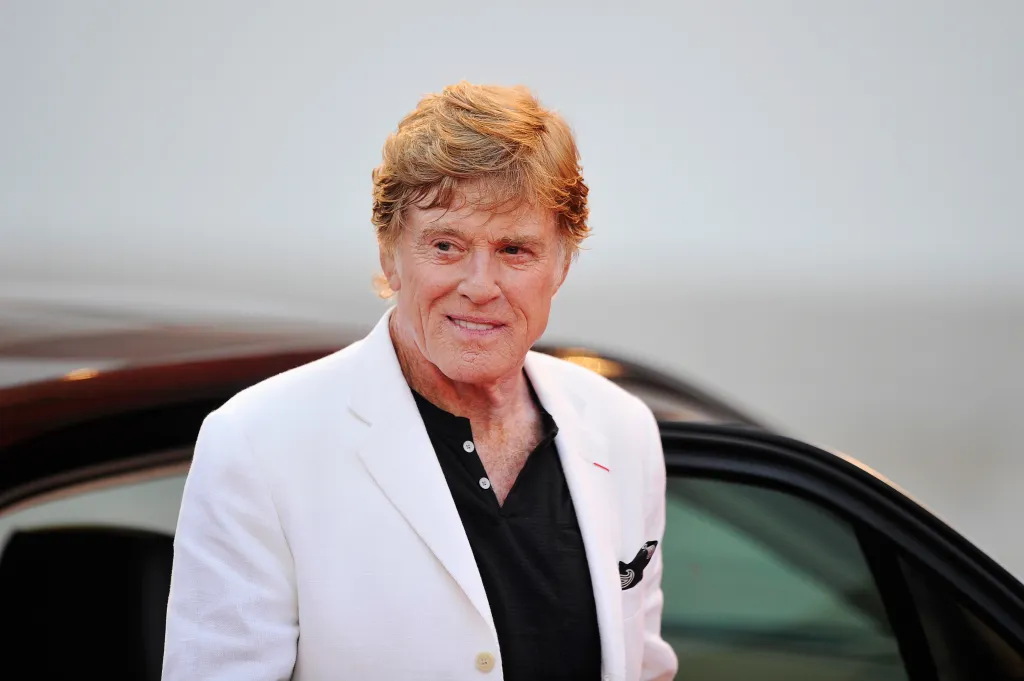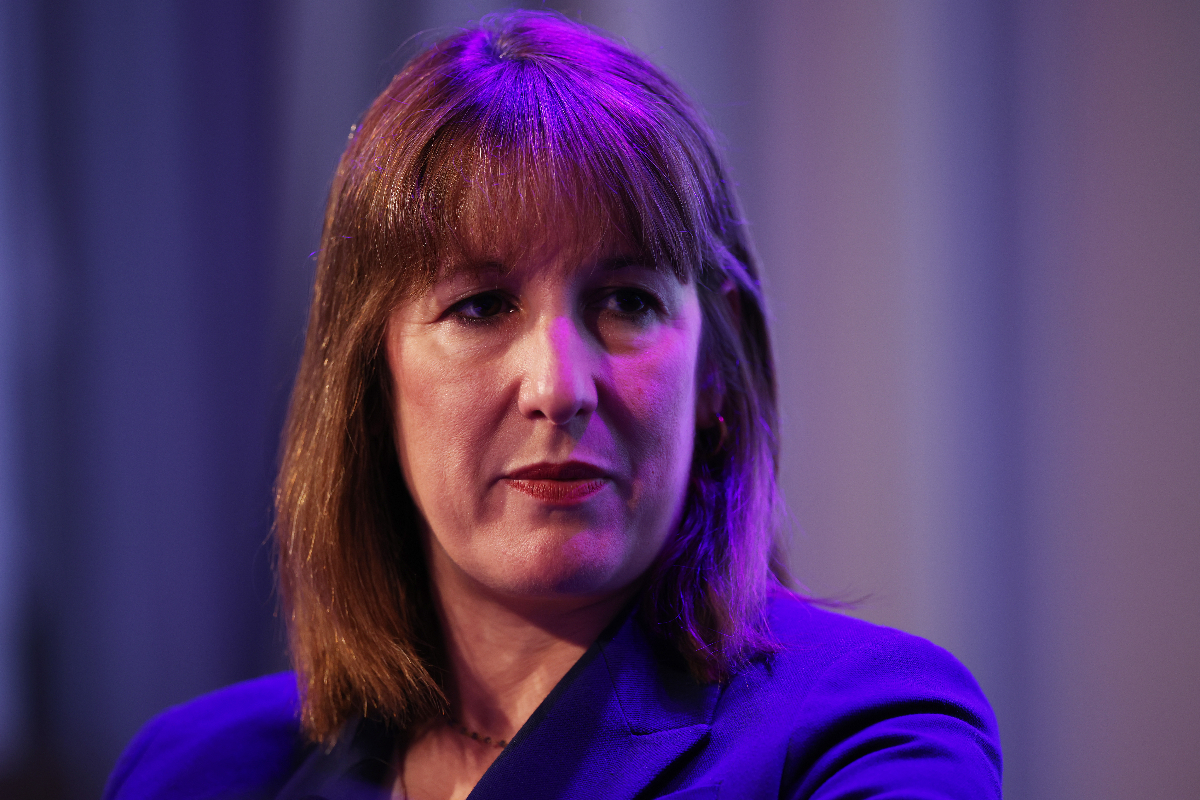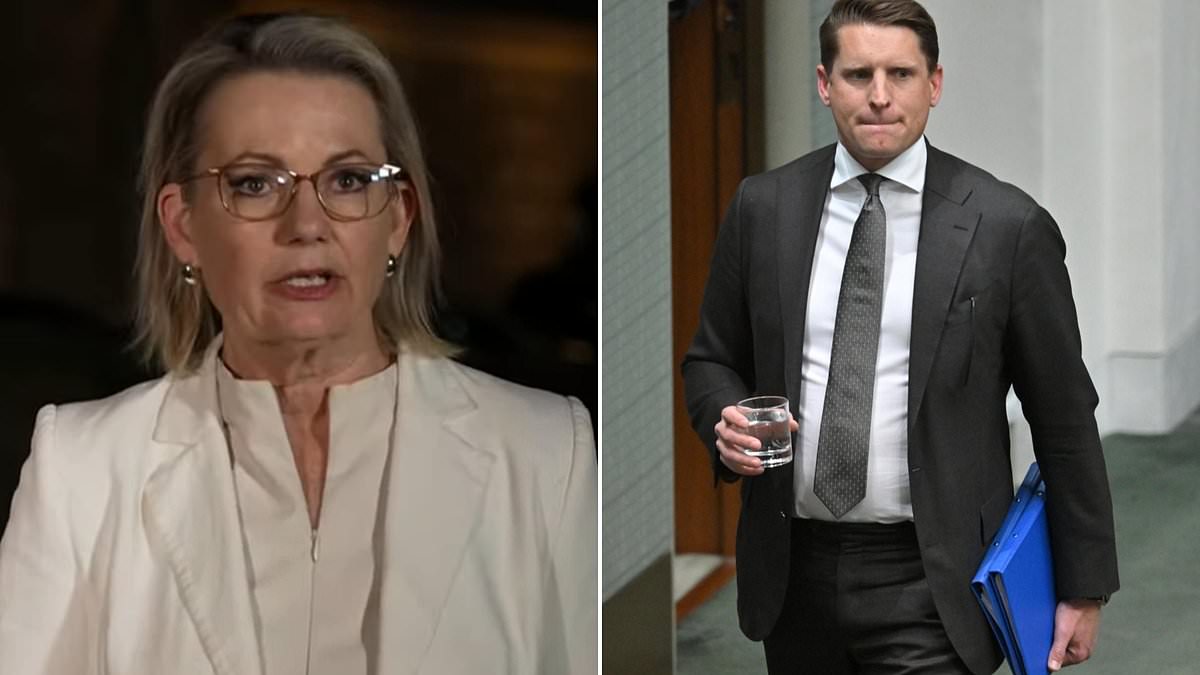
The Sundance Film Festival could have been born in Boulder 50 years ago — before it ever existed in Utah.
In a 2000 interview with the Denver Post, actor Robert Redford spilled some tea: In the mid-1970s, he wanted to launch a film festival in Boulder. He met with then-Colorado Gov. Dick Lamm and a couple of filmmakers, including Stan Brakhage.
“I had this idea (for a festival) that had been stewing around,” Redford told the Denver Post in 2000, while doing interviews to promote “The Legend of Bagger Vance.” “I thought I’d throw this feeler out and see if the university was interested. And that would be my gift to the university, even though I didn’t get much out of it and they were not too impressed with me when I was there.”
(Redford attended the University of Colorado Boulder for one year in the mid-1950s, according to CU’s alumni magazine. He famously worked as a janitor at The Sink on University Hill in 1955.)
“I never got any response,” he said. “So I went on my way.”
That way was to neighboring Utah. A state that ended up hosting America’s largest independent film showcase, the Sundance Film Festival, for nearly half a century.
All is not lost on Boulder, though, because in January of 2027, the major event will pack up in Utah and plop down in Boulder.
Unfortunately, though, Redford won’t be around for Boulder to greet him with open arms. The actor died on Tuesday, at age 89, “at his home at Sundance in the mountains of Utah — the place he loved, surrounded by those he loved,” publicist Cindi Berger said in a statement to the Associated Press.
No cause of death was provided, AP reports.
“We are deeply saddened by the loss of our founder and friend Robert Redford,” the Redford-founded Sundance Institute wrote in a statement. “Bob’s vision of a space and a platform for independent voices launched a movement that, over four decades later, has inspired generations of artists and redefined cinema in the U.S. and around the world. Beyond his enormous contributions to culture at large, we will miss his generosity, clarity of purpose, curiosity, rebellious spirit, and his love for the creative process.”
Redford was Hollywood’s Golden Boy, whose Midas touch turned films into Oscar darlings and movie roles into legends, and he made generations of humans swoon — on and off-screen.
Kathy and Robin Beeck, co-founders of the Boulder International Film Festival, said they were always big fans of the actor — ever since they were young, working as “popcorn girls” at various Boulder theaters in the late 1970s, including the Fox Theatre on University Hill.
“Over the years, our respect for him grew, especially with his incredible work in founding the Sundance Film Festival,” Robin Beeck said. “His passion for our industry, his commitment to exceptional storytelling, and his affection for our planet, along with numerous other causes, will continue to inspire us for many years to come.”
The Beeck sisters christened Boulder’s first independent film festival in 2004, and it has been going strong since. Much like Redford’s Sundance, BIFF screens independent films and gives underrepresented filmmakers a podium. In its early days, BIFF started out by only screening a couple of films at the Boulder Theater, and now it’s a four-day, full-scale, multi-venue, internationally recognized film festival that has, in recent years, attracted more than 25,000 cinephiles, filmmakers and movie stars from all over the world.
Being a film festival curator and owner is a full-time job, the Beecks can attest. As they often have said, once one festival ends, planning for the next festival begins. Perhaps this is why Redford turned to focusing more on curating his festival in the latter half of his career, rather than acting.
Redford was also a champion of marginalized stories, and he turned unknown filmmakers into household names — such as Quentin Tarantino, Steven Soderbergh, Paul Thomas Anderson and Darren Aronofsky.
Boulder County Film Commissioner Bruce Borowsky said that, from what he knew about Redford, that’s how the actor seemed to operate.
“What was amazing about him, even more so than being a great filmmaker, was that he was such a nice guy,” Borowsky said. “He had such a passion for storytelling and for uplifting the voices of regular people. Whether it was Indigenous, Black, Brown — he saw straight through the politics of the business and was able to see people in a very human way. He understood them.”
What Redford offered to small-time storytellers with empty pockets was the chance to shine on a platform, far from Tinseltown, where stories could be told and heard.
“For me, the word to be underscored is ‘independence,’” Redford told the AP in a 2018 interview. “I’ve always believed in that word. That’s what led to me eventually wanting to create a category that supported independent artists who weren’t given a chance to be heard.”
Longmont-based Ryan Brown said he feels like his team was in that boat. Brown, who graduated from CU’s film program in 2001, has been a film editor for various directors and producers, including Jeff Baena (“Horse Girl,” “Joshy,” “I Heart Huckabees”), Tim Robinson (“I Think You Should Leave,” “Detroiters”) and Jake Johnson, who starred in “New Girl.”
Brown said the first feature he edited, “Paper Heart” (Michael Cera, Charlyne Yi), screened at Sundance in 2009. He said that the film premiered at the Eccles Theater in Salt Lake City, which seats around 1,200 people. He said that after the film, the film crew heard that Redford snuck into the back of the theater to watch it.
“It was a dream come true to find out that he was interested in our film,” said Brown. “He truly loved and advocated for cinema of all shapes and sizes.”
Redford was one of the biggest stars of the 1970s with such films as “The Candidate,” “All the President’s Men” and “The Way We Were,” capping that decade with the best director Oscar for his directorial debut for 1980’s best picture winner, “Ordinary People” — beating out Martin Scorsese’s “Raging Bull.”
Borowsky praised Redford’s work in “Ordinary People,” saying it was a fantastic directorial launching pad for the filmmaker.
“He made filmmaking accessible to the people, beginning with ‘Ordinary People,’” Borowsky said. “That film just really struck at the heart of the American psyche. Mary Tyler Moore, formerly known as America’s sweetheart, was transformed into a monster. She turned into a … I don’t even have the adjectives to describe what she turned into. He really knew how to shape a film and all of its components.”
Redford was also known for his environmental advocacy. His activities ranged from lobbying for the Clean Air Act and Clean Water Act to serving on the board of the Natural Resources Defense Council, the Associated Press reported.
He was born on Aug. 18, 1936, in Santa Monica, Calif., and after he left CU Boulder, he studied at the American Academy of Dramatic Arts in New York City. He made his Broadway debut in the late 1950s before moving into television, acting in shows “The Twilight Zone,” “Alfred Hitchcock Presents” and “The Untouchables,” AP reported.
Although Redford won’t join Boulder when Sundance launches in 2027, he can rest easy that his legacy is in good hands.
“I think he would be extremely impressed by how the city and its residents are coming together to make Sundance feel welcome in our little town,” Borowsky said. “We’re honored to have the film festival move here. We’ll make sure we make it a comfortable fit.”
The Associated Press contributed to this story.
To read more about our Sundance coverage, visit dailycamera.com/sundance.



